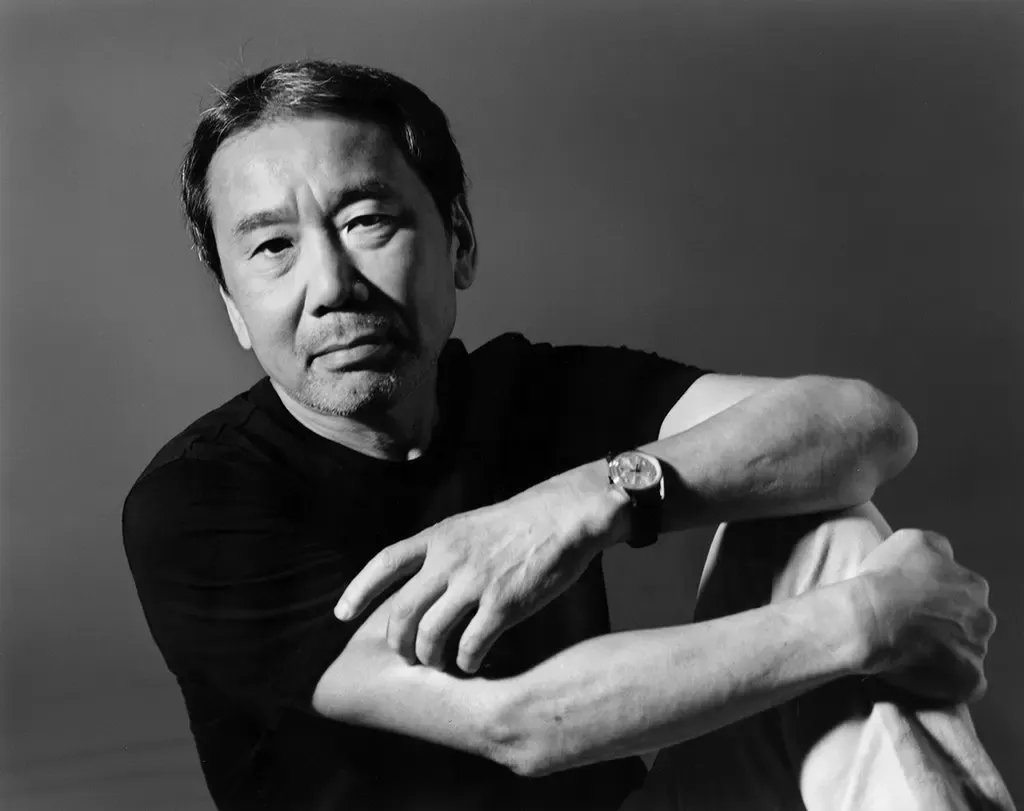Born in Kyoto, Japan in 1949, Haruki Murakami is a contemporary Japanese novelist and translator. His style of writing is often depicted with a combination of real-life experiences and thrilling mystery, as well as solitude and contemplation. In contrast to other writers, Murakami doesn’t seem to leave a pattern or a trail for the readers to follow, instead, they are left like a dandelion that is caught up in the wind. They have the freedom to use their imagination to reach different conclusions and destinations.
People are so caught up in their own lives that they often forget that there are other people around them with inner feelings and dreams. While life experiences are not necessarily equal, Murakami brought up important points about how to embrace our own lives and care about the people surrounding us. He also emphasized self-discovery and well-being, as supported by the United Nations’ Sustainable Development Goal, for Good Health and Well-Being.

The journey is what matters the most, not the ending. This theme seems to be one of the essential inspirations for Murakami’s writings, as his narratives are filled with peculiar and endearing characters, in strange and psychedelic worlds. These worlds intricately blend some shades of reality and magical realism, where the line between normal and paranormal is hard to discern. The words are written in a soothing rhythm, and the context entices the readers to imagine for themselves before Murakami gives an unexpected twist, after which the story trickles.
When it comes to the characters, there appears to be a strangeness about them that seems so natural, so multi-dimensional, and the banality of them is as remarkable as the abnormal circumstances that enclose them.
Despite Murakami’s admiration for dreamy surrealism, which most of his novels exhibit, his novel, Norwegian Wood, is anchored in the real world, where Murakami weaves a story about the loss of innocence. It has a slow pace with a wide demonstration of mental health and grief while explaining his concept of life, love and death. It’s misleadingly simple, bittersweet and a beautiful tale of young love and loss.
On the other hand, the world in The Wind-Up Bird Chronicle is a lonely world that is full of partial stories, sudden departures and deep silences. It begins with an ordinary day in the life of an ordinary man, but then things get more bizarre; the lines between reality and mystery are crossed, and dreams are spilled into reality. Amidst all of this, Murakami addresses themes of loneliness and isolation, resonating with the feeling of lostness and desolation.
Each story has some sort of obstacles, while the main characters face emotional loss and failures, and gradually learn how to accept it and achieve maturity and well-being.
“It's no fun writing a story if I already know how it's going to end because the very person who is writing doesn't know what happens,” said Murakami in an interview with the Insider.
One of the most important elements of his work is mystery. He doesn’t let the readers get hold of every dimension of the story easily. It constantly feels like something has been missed out on. His perspective doesn’t support the idea that every novel should have an end. It’s more of a painting that he shows to his audience, and then leaves them the choice to interpret its details however they like, and that’s what makes his work unique.
In the realm of contemporary Japanese literature, Haruki Murakami stands as a literary enigma, a maestro weaving tales that transcend the boundaries of reality and fiction. Through his evocative prose, he beckons readers to embark on a journey of self-discovery, empathy, and a profound appreciation for the beauty found in life's unpredictability.
